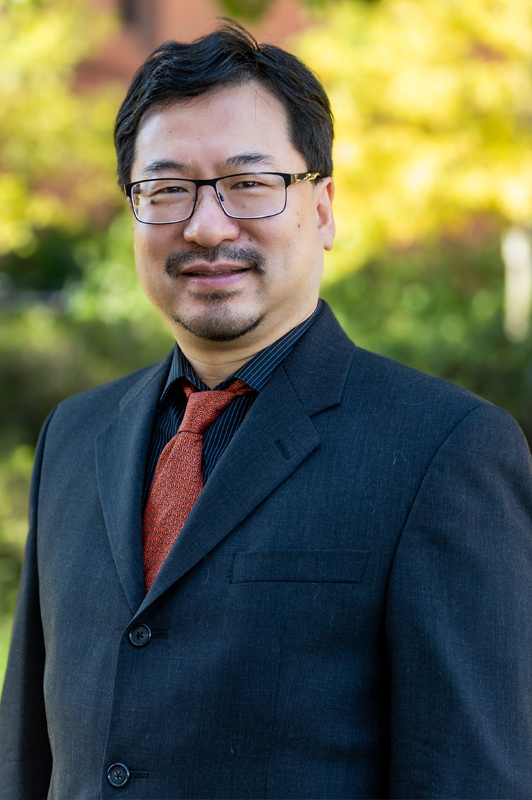Professor earns multiple awards from prestigious IEEE conferences
Published: Sep 27, 2022 8:00 AM
By Joe McAdory
Shiwen Mao, professor in electrical and computer engineering and Earle C. Williams Eminent Scholar, and Director of the Wireless Engineering Research and Education Center (WEREC), earned a pair of international research awards over the summer.
Mao’s co-authored work, “TagSense: Robust wheat moisture and temperature sensing using a passive RFID tag,” earned the Best Paper Award at the IEEE International Conference on Communications in Seoul, South Korea.
Also, Mao’s project, “Environment-adaptive 3D human pose tracking with RFID,” won the Best Demo Award at the virtual IEEE International Conference on Computer Communications.
“It’s a great honor to be recognized by these highly regarded conferences … these are two of the best conferences in our field,” said Mao, also a recipient of the IEEE Internet of Things Journal Best Paper Award for 2021. “This is a validation of our hard work.”
Mao noted the demand for food might be doubled by 2050 due to the world’s rapidly increasing population. How can we help meet this demand? One method is via proper grain storage. But improper moisture and temperature cause an abundance of mildew and spoil the goods. Mao, however, has a plan: a system utilizing radio frequency identification (RFID) to monitor wheat moisture and temperature.
“We will use RFID as a radar system,” said Mao, who teamed with his former student, Xuyu Wang from Florida International University, and visiting scholar Weidong Yang from the Henan University of Technology in Zhengzhou, China. “In the past, people would take samples to the lab and use very expensive equipment to detect the moisture levels. Instead, we gather the grain, pour it into a bucket, attach an RFID tag to it, and transmit a wireless signal through the bucket. It’s like a CAT scan, or X-ray. When the moisture or temperature level is different than it should be, the propagation of our wireless signal through the wheat would also be different.”
Experiments using 31.5cm x 18cm x 18cm boxes filled with wheat yielded positive results.
“Our experimental results showed that the TagSense system can achieve high sensing accuracy of moisture and temperature in different rotation angles and at different distances,” Mao said. Accuracy varied from 98.6 percent to 100 percent, depending on the angle and distance.
“This can be done very cost-effectively,” Mao said. “Wi-Fi cards and RFID tags are not expensive and are easy to operate. If we could just get his commercialized …”
Ever played a somatosensory game, where you use your body, rather than a mouse, keyboard, or remote control to play the video game? Mao’s award-winning demo project, “Environment-adaptive 3D human pose tracking with RFID,” showed how a meta-learning-based approach can improve RFID sensing to capture 3D human poses.
“In Meta-Pose, RFID tags are attached to the human body, as in our previous work, so that the motion of human joints could be estimated from the RFID phase data collected by the reader,” Mao said. “Unlike previous works, Meta-Pose is pretrained by meta-learning algorithms with training data sampled from a small number of known environments. The meta-learning algorithms are adopted to achieve an optimized network initialization, so the system can adapt to an untrained environment with fine-tuning. The high adaptability of the prototype system is demonstrated by our experiments conducted in various indoor environments.
“Our idea cannot completely resolve issues with indoor environments and radio frequency signals, but it can mitigate the problems.”
Mao teamed with his current electrical and computer engineering undergraduate student Jason Wang and his former doctoral student Chao Yang, who just graduated this August, on this project.
Media Contact: , jem0040@auburn.edu, 334.844.3447



